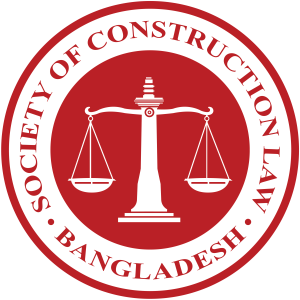RESOURCES
Construction law is a specialized field that deals with the legal aspects of the construction industry. It encompasses a wide range of legal issues, including contracts, regulations, disputes, and safety standards, all of which are vital to ensure the successful and ethical execution of construction projects. This field aims to maintain transparency, fairness, and accountability within the construction industry, safeguarding the interests of all stakeholders involved, from contractors and developers to government bodies and citizens.
Applicable Laws in Bangladesh
Bangladesh has a comprehensive legal framework to regulate construction activities. Here are some key acts and regulations that shape construction law in the country:
- The Building Construction Act, 1952 (East Bengal Act): This historic legislation sets out the basic rules and regulations for building construction in Bangladesh. It covers issues such as building permits, safety standards, and penalties for non-compliance.
- Real Estate and Development Act 2010: This act is crucial for the real estate and construction sector. It governs various aspects of property development, including land use, licensing, and dispute resolution.
- Bangladesh National Building Code (BNBC): The BNBC provides comprehensive guidelines for construction practices in Bangladesh. It covers structural design, safety measures, and environmental considerations, ensuring that buildings are constructed to withstand local conditions and hazards.
- Contact Act 1872: Although not specific to construction, the Contract Act plays a pivotal role in construction law. It governs the formation and enforcement of contracts, which are the backbone of construction agreements.
As the construction landscape evolves, staying informed about the latest legal developments and best practices is essential for professionals in this industry. Compliance with construction law not only mitigates risks but also fosters a culture of accountability and excellence within the sector.
